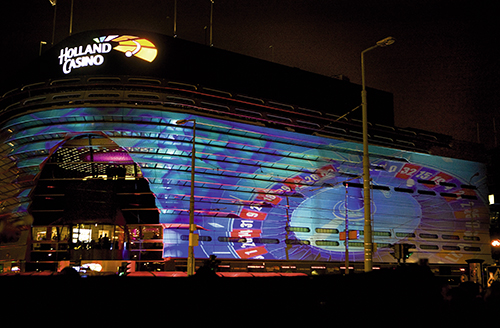The Netherlands in focus

THE proposed sale of the state-owned Holland Casino group and the introduction of a legal online gambling market suggests that the gambling market in the Netherlands is set to change in the years ahead.
What the impact will be on the country’s nearly 350 arcades and thousands of single-site gaming machine operators, which, combined, operate around 35,000 pieces of equipment, remains to be seen. These two market segments have no doubt dealt with competition before, and for smaller stakes machine gaming, at least, there isn’t perhaps the same level of direct rivalry as there is between casinos and online gaming. However, in an economic climate that is still squeezing discretionary spending, high levels of taxation and a smoking ban, any additional pressure is unlikely to be welcomed.
The carefully regulated opening of the online gambling market addresses some of the concerns both the arcades and the powers-that-be at Holland Casino had been voicing for some time, namely the taxes paid by licensed land-based businesses and those not paid by unlicensed, unregulated online ones. For a long time Holland Casino argued that while online gaming was offered to Dutch players, albeit illegally, there didn’t exist a level playing field. There are still concerns however, that land-based gaming will still suffer when the market opens fully given that the draft legislation being discussed sets a gaming tax for online gaming at 20 per cent, significantly lower than the 29 per cent levied on land-based gaming. This will no doubt be an area for debate if it does indeed come into effect and, from the outside at least, it seems difficult to justify why one is to receive more favourable treatment than the other.
The one side of the business that can feel most aggrieved is the street market, which, unlike Holland Casino, is in private hands. Not only have these businesses had to contend with competition from a state-sanctioned, state-owned and – arguably – state-supported gambling business, but now they may see this apparent favouritism extended to the online sector. Inevitably, though, the liberalisation of the country’s gambling market is expected to lead the sale of Holland Casino; the coalition government that took power last year promised as much. Again, the sale of the country’s 14 large-scale casinos may realistically have only a limited direct impact upon the street market but with privatisation comes free market competition and – though evidently not always – more choice and better quality services.
Read the full article in the September issue of InterGame.

